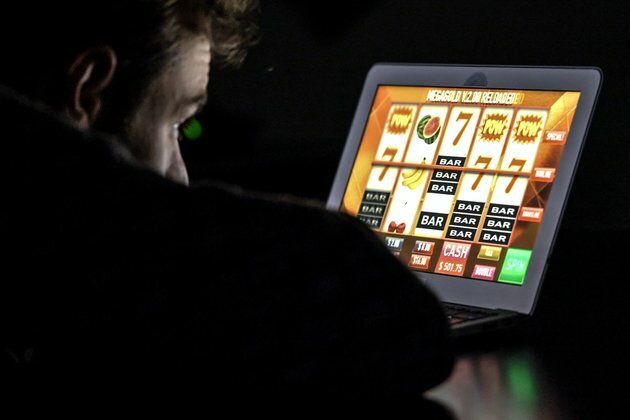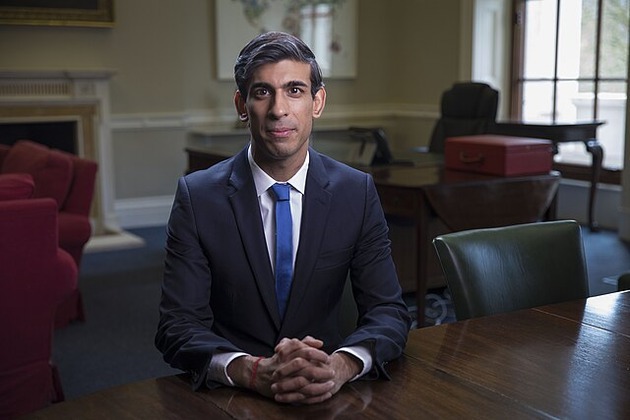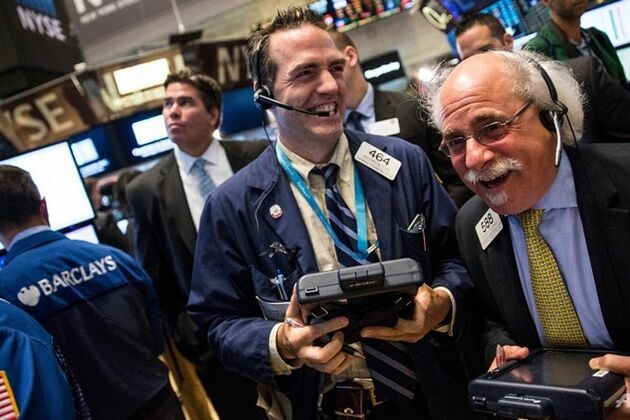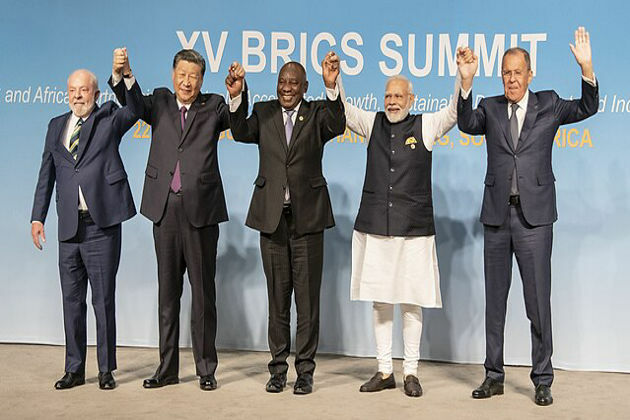Gamblers bet more when in the dark: feedback can curb their online losses
The Conversation
30 Jul 2021, 12:09 GMT+10

Online wagering is the fastest-growing segment of gambling in Australia. It's a trend of particular concern because losing money through online brokering and betting apps is associated with higher rates of gambling-related harm than other types of gambling.
These apps provide the ability to win and lose money anywhere, anytime - and their popularity has been exacerbated by COVID-19 lockdowns.
A survey of 2,000 gamblers by the Australian Gambling Research Centre in mid-2020 found the proportion of gamblers doing so four or more times a week increased from 23% to 32%. Among the biggest online gamblers - men aged 18 to 34 - median spending climbed from A$687 to A$1,075 a month.
Whether in life, the stock market or at the horse races, most of us are notoriously bad at assessing the real odds of good or bad things happening.
For example, we fear dying in a plane crash (the odds of which are so small the US National Safety Council doesn't even provide a calculation) far more than a car crash (a lifetime chance of about 1 in 107).
Read more: Why our obsession with happy endings can lead to bad decisions
Gamblers underestimate their chance of losing and overestimate the odds of winning. This is despite the odds in games they are playing being precisely calibrated to ensure the house always wins in the long run. As Nassim Nicholas Taleb puts it in his book Fooled by Randomness, it is "not about the odds, but about the belief in the existence of an alternative outcome, cause, or motive".
How to inject more reality into these beliefs? One simple tool is feedback.
Feedback is crucial for all learning. When it's timely, clear and targeted, it can alleviate many of the cognitive biases that cloud decision-making.
For gamblers the biggest bias is that they remember their wins more than losses - known as selective recall.
Feedback that clearly shows them their losses can counteract this. This is, no doubt, why many online wagering service providers don't give feedback to their customers at all. Those that do tend to use "activity statements" that present a long list of transactions that are often hard to navigate and so don't help gamblers appreciate just how well - or more likely poorly - they are doing.
Making gaming companies provide such feedback in a clear, comprehensible form is something that policy makers should put high on their reform list.
How to improve feedback
To find the best solution to this problem, the federal Department of Social Services commissioned the Australian government's Behavioural Economics Team (BETA) to trial feedback online gamblers get from their wagering activities. We provided advice on the trial's design and implementation.
The trial tested ways to let consumers see at a glance how much they had spent, won, lost and their overall net profit or loss from their bets. These numbers were displayed in an "activity statement", presented in two formats - one as a table, similar to a bank statement, the other using more graphic elements. Below shows the design of the graphic statement.
BETA tested these statements in an experiment involving about 1,500 participants in a virtual horse-race betting game.
Each participant was given "lab dollars" (rather than real money) to bet on a series of races in blocks. Some were randomly chosen to get one or other of the activity statements after each block of races. Others received no statement.
On average, those who did not see a statement bet $368. Those who saw the "table" statement bet $350 (about 5% less). Those who saw the "graphic" statement bet $340 (about 7.5% less).
Read more: Designed to deceive: How gambling distorts reality and hooks your brain
Real-world trials needed
These reductions may seem relatively minor but they are still promising. The majority of participants said they would use a summary statement like the ones in the experiment if they were available on real apps. Results also suggested participants with poor financial literacy benefited the most from receiving the feedback statements.
Whether the same results would be achieved in real life is hard to say. Though many participants rated the experiment as at least somewhat like real-life gambling, there are certainly differences between experimental trials and actual online wagering apps, where there can be higher stakes and longer gambling times. This might lead to larger or smaller effects. To answer that will require real-world trials on real apps.
But such trials are definitely worth a shot.
With the right kind of feedback to help us learn, our decisions can improve. The simple summary activity statements in the BETA trial make us optimistic that even in the potentially damaging world of online wagering people can learn to make more informed choices.
Authors: Ben Newell - Professor of Cognitive Psychology, UNSW | Robert Slonim - Professor of Economics, University of Technology Sydney | Swee-Hoon Chuah - Professor of Behavioural Economics, University of Tasmania 
 Share
Share
 Tweet
Tweet
 Share
Share
 Flip
Flip
 Email
Email
Watch latest videos
Subscribe and Follow
Get a daily dose of Pakistan Telegraph news through our daily email, its complimentary and keeps you fully up to date with world and business news as well.
News RELEASES
Publish news of your business, community or sports group, personnel appointments, major event and more by submitting a news release to Pakistan Telegraph.
More InformationInternational
SectionFaulty IT system at heart of UK Post Office scandal, says report
LONDON, U.K.: At least 13 people are believed to have taken their own lives as a result of the U.K.'s Post Office scandal, in which...
Travelers can now keep shoes on at TSA checkpoints
WASHINGTON, D.C.: Travelers at U.S. airports will no longer need to remove their shoes during security screenings, Department of Homeland...
Rubio impersonator used AI to reach officials via Signal: cable
WASHINGTON, D.C.: An elaborate impersonation scheme involving artificial intelligence targeted senior U.S. and foreign officials in...
Warsaw responds to migration pressure with new border controls
SLUBICE, Poland: Poland reinstated border controls with Germany and Lithuania on July 7, following Germany's earlier reintroduction...
Deadly July 4 flash floods renew alarm over NWS staffing shortages
WASHINGTON, D.C.: After months of warnings from former federal officials and weather experts, the deadly flash floods that struck the...
Putin fires transport chief, later found dead in suspected suicide
MOSCOW, Russia: Just hours after his sudden dismissal by President Vladimir Putin, Russia's former transport minister, Roman Starovoit,...
Business
SectionEx-UK PM Sunak takes advisory role at Goldman Sachs
NEW YORK CITY, New York: Former British prime minister Rishi Sunak will return to Goldman Sachs in an advisory role, the Wall Street...
Gold ETF inflows hit 5-year high as tariffs drive safe-haven bets
LONDON, U.K.: Physically backed gold exchange-traded funds recorded their most significant semi-annual inflow since the first half...
PwC: Copper shortages may disrupt 32 percent of chip output by 2035
AMSTERDAM, Netherlands: Some 32 percent of global semiconductor production could face climate change-related copper supply disruptions...
U.S. stocks recover after Trump-tariffs-induced slump
NEW YORK, New York - U.S. stocks rebounded Tuesday with all the major indices gaining ground. Markets in the UK, Europe and Canada...
Stocks slide as Trump unveils 25% tariffs on Japan, S. Korea
NEW YORK CITY, New York: Financial markets kicked off the week on a cautious note as President Donald Trump rolled out a fresh round...
BRICS issues rebuke on trade and Iran, avoids direct US criticism
RIO DE JANEIRO, Brazil: At a two-day summit over the weekend, the BRICS bloc of emerging economies issued a joint declaration condemning...













